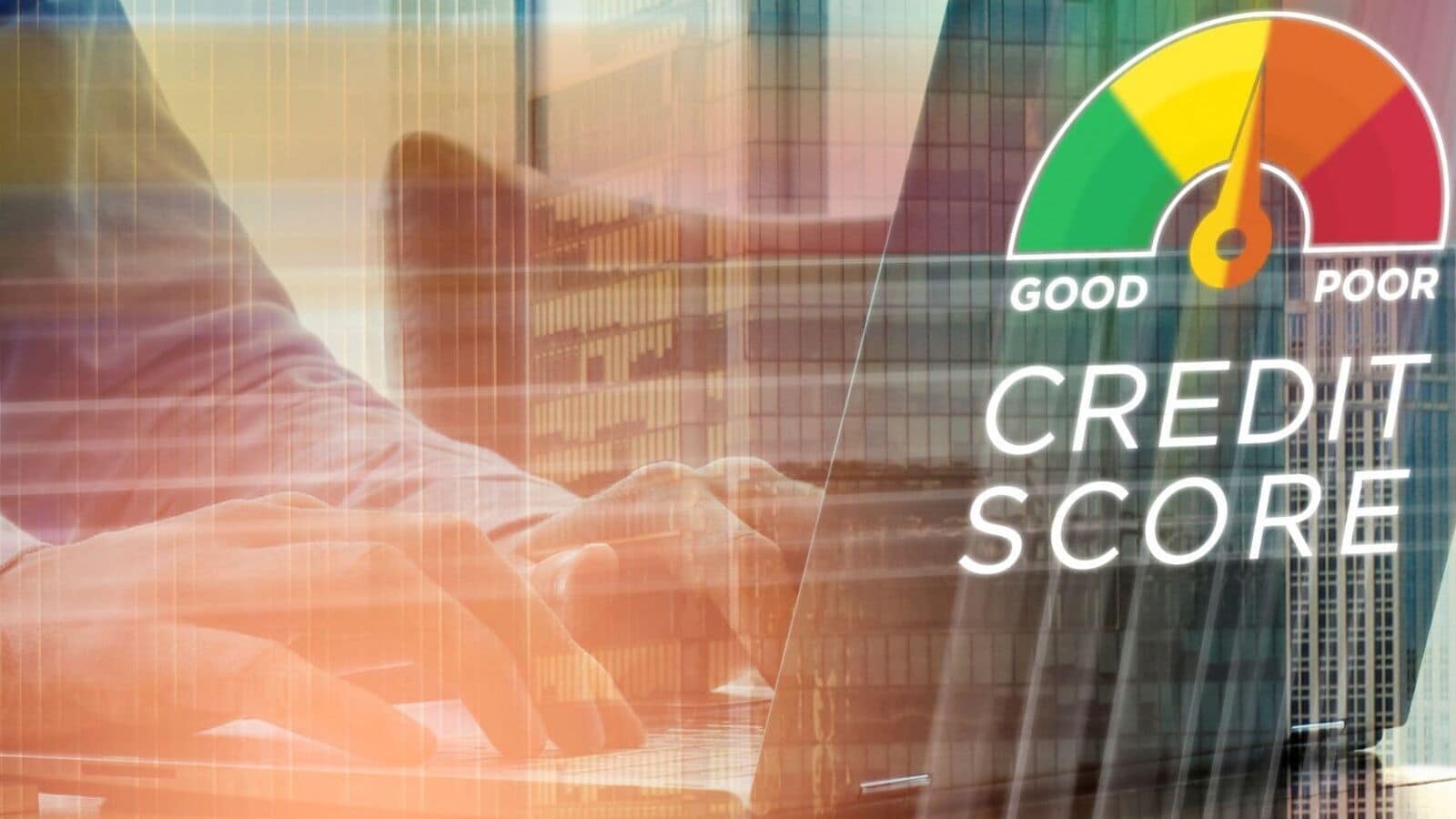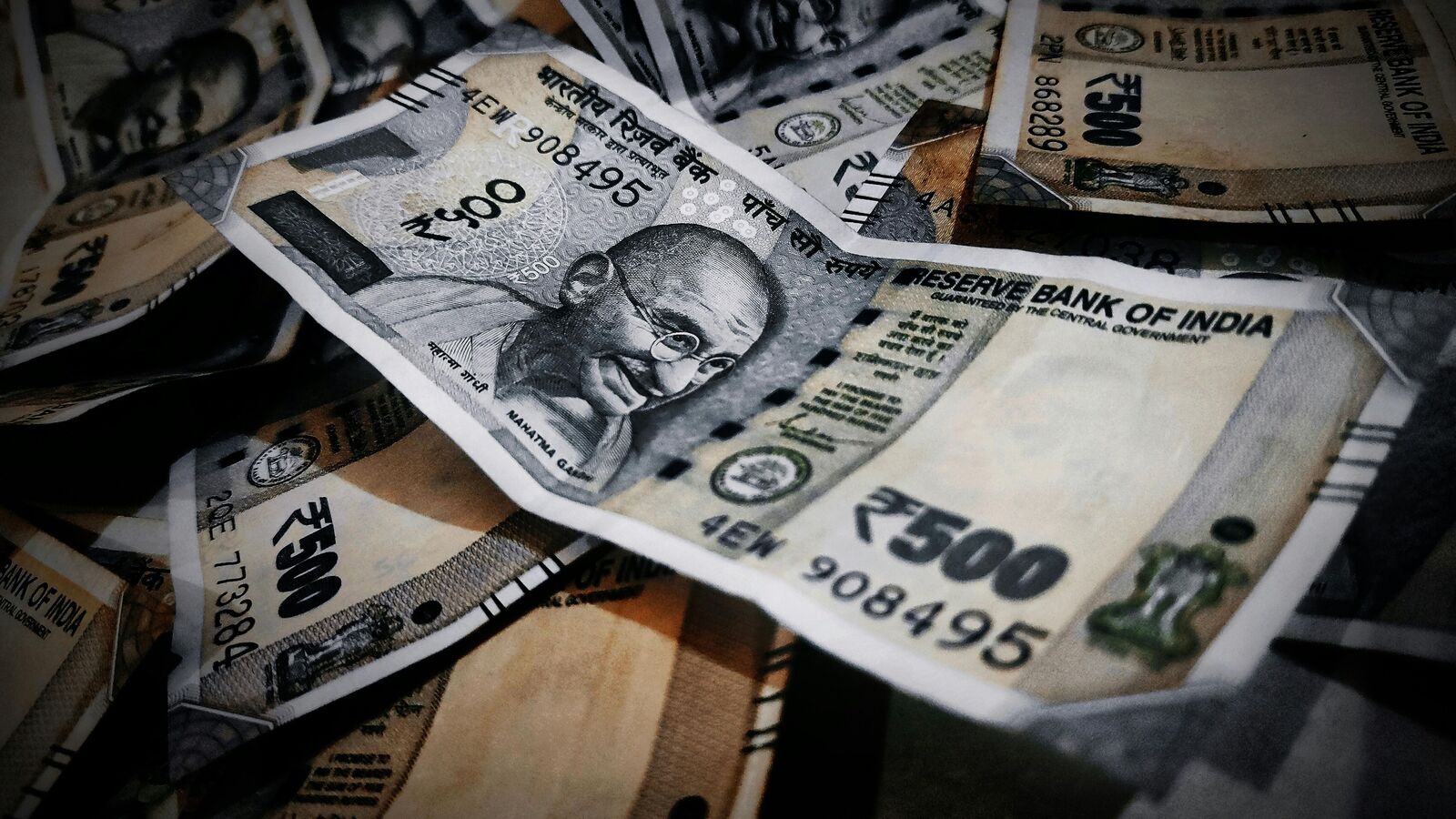A credit score of 750 or higher is generally considered good for loan application approval, provided the other eligibility criteria are met. However, some people who have never used a loan before or are new to credit will find their credit score negative or zero. You don’t have to worry about it. That does not mean that you will not get a loan. In this article, we will understand when an individual’s credit score can be negative or zero, what it means and how he/she can get a loan or a credit card.
What does a credit score of -1 or 0 mean?
If a person has not availed a loan or credit card, their credit score will be shown as -1. It means that the person has no credit history or no history (NH). If a person is new to credit, their credit score will be shown as 0. This means that the person has recently availed their first loan or credit card and their credit history is less than six months old.
Credit information companies (CICs) like CIBIL require at least six months of an individual’s credit history to assess it and assign a credit score. For new borrowers, because there is insufficient credit history, a credit score of 0 is assigned.
If you are new to credit, and if your credit score is zero, don’t worry about it. Just follow good credit practices by paying monthly EMI or credit card bills on time, maintaining a credit utilization ratio of 30% or lower, making one credit application at a time, having a good mix of secured and unsecured credit, etc. of time , you will have a good credit score.
Can a person with a credit score of -1 or 0 get a loan or credit card?
It is entirely possible to get a loan or a credit card with a credit score of -1 or 0 in the following ways.
Other eligibility criteria are clearly in favor
A good credit score of 750 and above is just one of the requirements for approval of a loan or credit card application. To assess loan applications, banks use other criteria, such as age, income, occupation, career stability, years of total experience and with current employer, debt-to-income ratio (DTI), place of residence, etc.
For loan applicants with a credit score of -1 or 0, the bank will also look at other financial parameters, such as the savings account balance. If a good balance is consistently maintained in the savings account, that is a plus. The bank can also check whether checks have bounced. Another positive factor is the lack of a check history. Owning a home, filing ITRs regularly, having a long-term relationship with the bank, etc., are other positive qualities that increase the chances of getting a loan approved.
Even if your credit score is -1 or 0 and the other eligibility criteria are clearly positive, the bank may consider approving your loan or credit card application.
Obtaining a co-applicant or a guarantor
If your credit score is -1 or 0 and the bank cannot assess your repayment capacity, the bank may ask you for a co-applicant or a guarantor. In addition to the main borrower, a co-applicant applies for the loan. A co-applicant is a co-borrower and accepts responsibility for loan repayments and other loan-related obligations. If the co-applicant has a good credit score and source of income, this strengthens the case for loan approval.
Another option is to obtain a guarantor. If the borrower cannot repay the loan, the guarantor must pay. For the bank, a guarantor is the borrower’s backup. If the guarantor has a good source of income, this strengthens the case for approving the loan.
Take out a secured loan or a secured credit card
Instead of getting a co-applicant or guarantor, the borrower has the option of going for a secured loan. Banks are more likely to approve secured loans to borrowers with a credit score of -1 or 0, provided the other criteria are met.
Secured loans include home loan, car loan, gold loan, etc. You can get a secured loan against securities like real estate, shares, mutual funds, fixed deposit, insurance policies, government bonds, etc. The interest on secured loans is usually lower than unsecured loans .
Some banks offer secured credit cards with the security of a fixed deposit. The credit limit can vary from 75% to 100% of the fixed deposit amount.
If your credit score is -1 or 0, you can start with a secured loan or a secured credit card. Use it as a stepping stone to build and maintain a good credit score. Once you build a good credit score, after six months you can apply for unsecured loans such as personal loans and credit cards depending on your need.
A credit score of -1 or 0 cannot prevent you from getting a loan or credit card
Having a credit score of -1 or 0 does not mean you are not creditworthy. It just means that the credit bureau doesn’t have enough of your credit history to assign you an appropriate credit score. Without an appropriate credit score, the bank cannot assess your creditworthiness to decide on your loan or credit card application.
But even with a credit score of -1 or 0, you’ve discussed multiple ways to get a loan or a credit card. These loans and credit cards can help you build a good credit score over time. Once you build a good credit score, it opens the doors to obtaining all types of loans and credit cards, provided you meet the eligibility criteria. A good credit score of 750 and above is important to get the loan application approved. An excellent credit score of 800 or higher can help you negotiate with some banks to obtain a loan on better terms, such as a lower interest rate or discount on processing fees.
Gopal Gidwani is a freelance personal finance content writer with over 15 years of experience. He can be reached at LinkedIn.
View all Instant Personal Loans, Business Loans, Business News, Money News, Latest News Events and Latest News Updates on Live Mint. Download the Mint News app to get daily market updates.
MoreFewer











